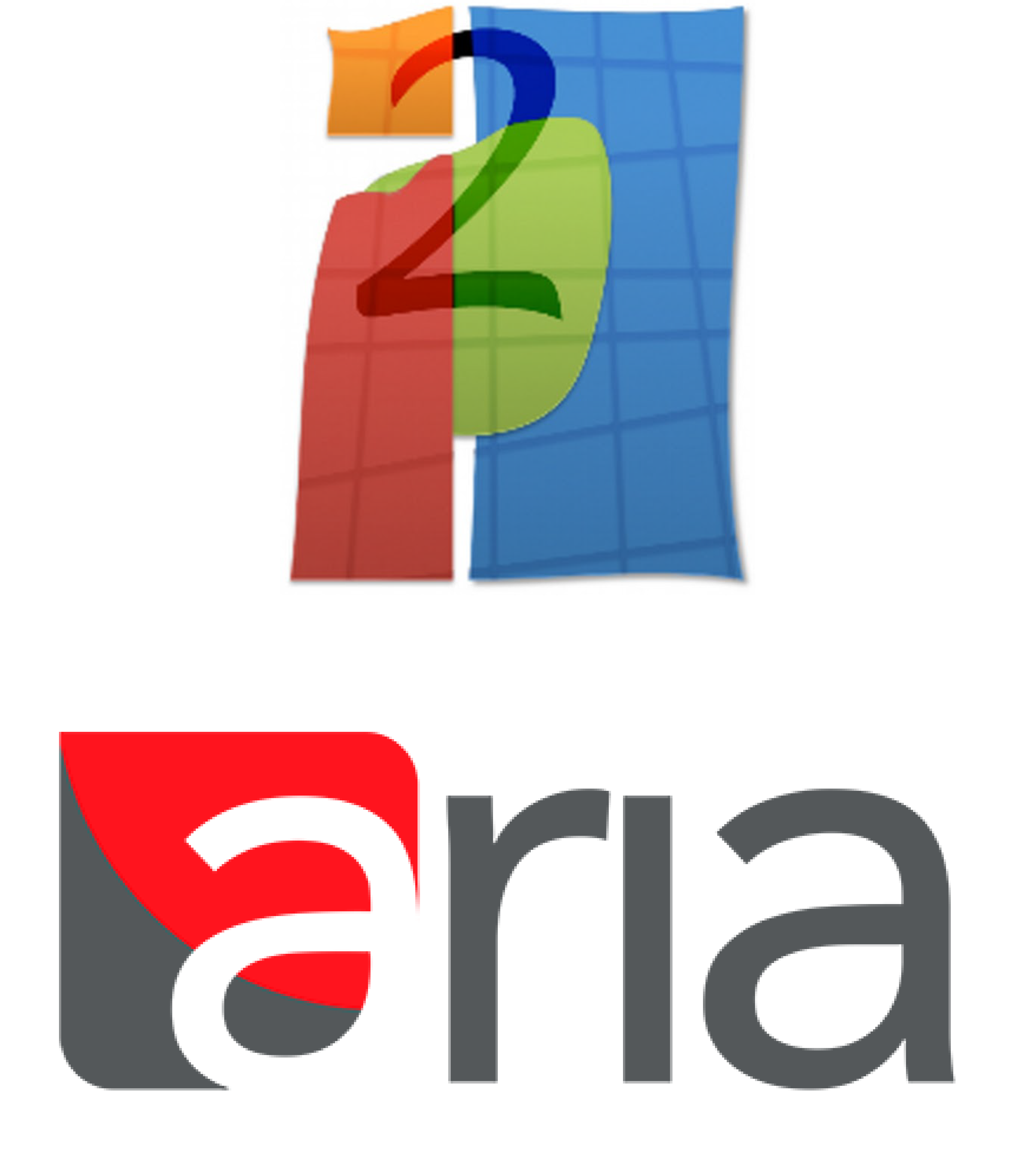03-Jun-2024
The Instruct-ERIC ARIA team has collaborated with the I2PC of CNB-CSIC in Madrid (part of Instruct-ES) to develop FandanGO, an innovative system to enhance data management and accessibility in structural biology.
FandanGO has been formed as part of the Fragment-Screen project. Fragment-Screen aims to develop new techniques and workflows for fragment-based drug discovery (FBDD). Data management is a crucial aspect of FBDD given the significant amount of data, and the varying associated data and metadata formats.
The aim of this new system is to streamline the process of data association to visits to research infrastructures, in particular structural biology facilities.
Researchers and facilities will be able to link collected data to visits once they have been completed, generating an accessible webpage per visit, which stores the collected data, but also outlines the critical metadata necessary to identify the visit.
FandanGO will see initial use within Instruct-ERIC – all facilities will be able to develop plugins to facilitate the data that their researchers specialise in. During this process, facilities will also have access to pre-written python libraries that have been produced to aid in this task.
FandanGO is designed to work with all structural biology data available in the Instruct-ERIC catalogue: NMR, Electron Microscopy, Crystallography, Mass Spectrometry, Biomolecular Studies and more.
This is a sizeable initial step towards realising the Instruct data management strategy. Instruct has also been instrumental in several EOSC (European Open Science Cloud) projects – FandanGO provides an opportunity for further collaboration with EOSC projects and newly-developed EOSC nodes.
The FandanGO system is now online within ARIA. Facilities and researchers that use ARIA will be tasked with developing plugins for FandanGO specific to their facility. The FandanGO development team encourages interested parties to get involved via Github, where examples of previous plugins are available, along with documentation of the ARIA connection.
